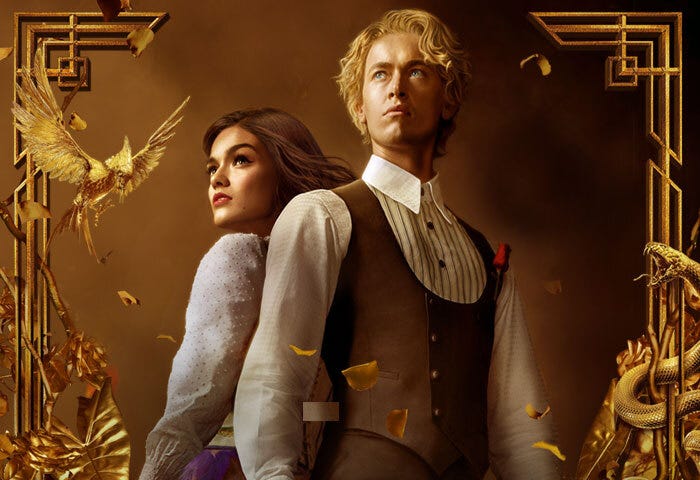Why the Hunger Games series deserves its place as a cultural phenomenon
Revisiting the stories on the cinematic release of The Ballad of Songbirds and Snakes
A few days ago I took my fourteen-year-old to the premiere night of the new movie The Ballad of Songbirds and Snakes. While we both enjoyed it very much, I spent a lot of the evening wide-eyed, with many recent media headlines marauding through my mind. This was because Suzanne Collins’s Hunger Games series centres on the concept of children and young p…


